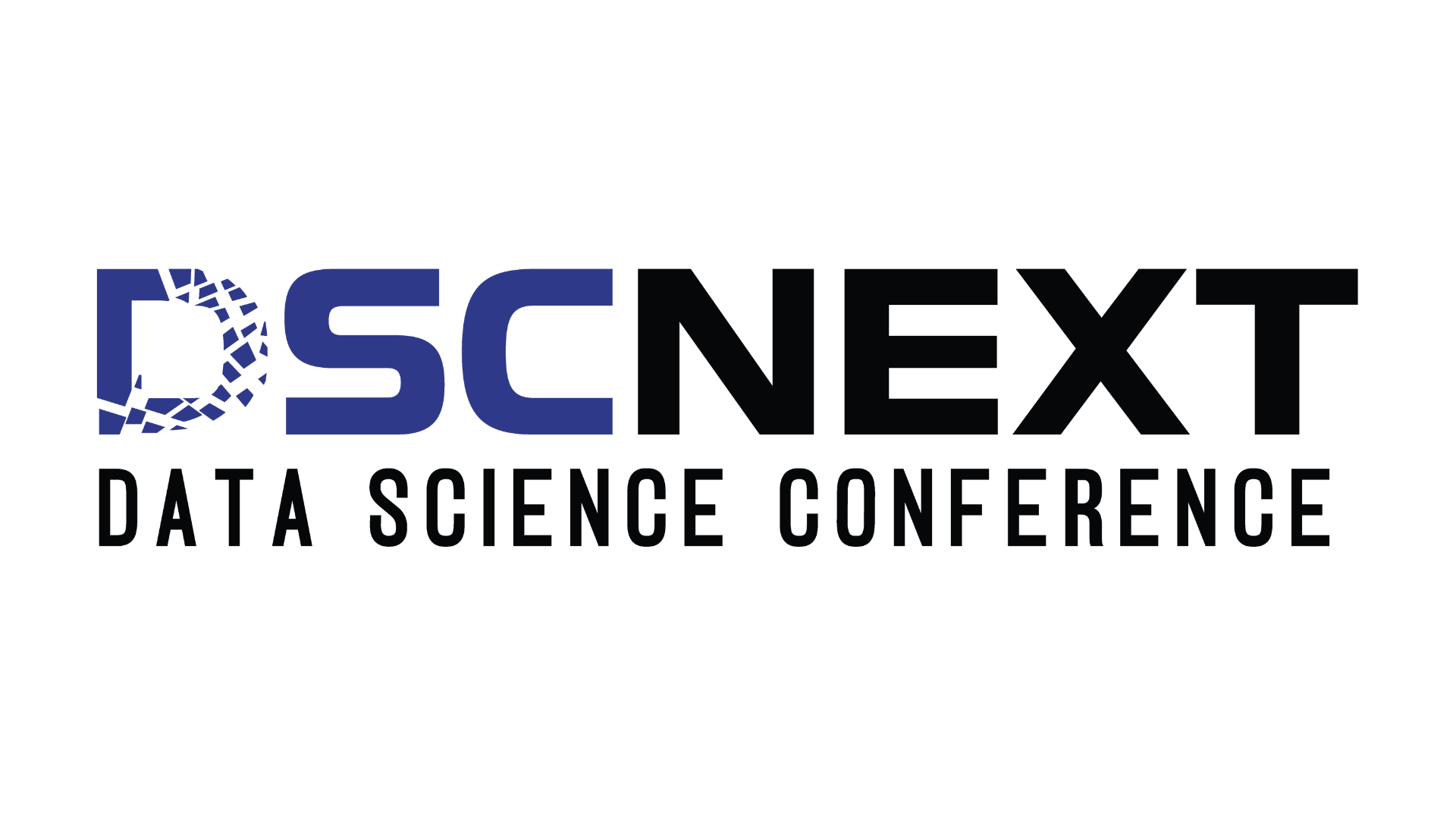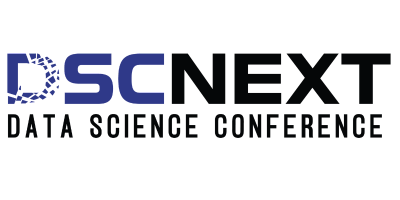
Introduction
Data science is revolutionizing healthcare, enabling early disease detection, personalized treatments, and better decision-making. With artificial intelligence (AI), machine learning (ML), anDatad big data analytics, doctors can predict diseases before symptoms appear, improving patient outcomes and reducing healthcare costs.
For instance, AI-driven models have successfully identified early signs of diabetic retinopathy from retinal scans, preventing vision loss in patients. Let’s explore how data science is shaping the future of disease prediction through real-world case studies.
How Data Science is Used in Disease Prediction
Early Disease Detection and Prevention
AI algorithms analyze vast amounts of patient data, including medical records, genetic information, and lifestyle factors, to identify patterns that signal the onset of chronic diseases or other health risks. Early intervention through AI-driven insights can save lives and reduce healthcare costs by enabling timely treatment and preventive measures.
Personalized Treatment Plans
By understanding an individual’s unique characteristics and disease trajectory, AI helps tailor treatment plans for maximum effectiveness while minimizing adverse effects. AI also accelerates drug discovery by analyzing large datasets to identify promising drug candidates and predict their efficacy, reducing research time and costs.
Improved Diagnostic Accuracy
AI-powered tools assist in analyzing medical images such as X-rays, MRIs, and CT scans, detecting subtle disease markers that might be overlooked by the human eye. This enhances diagnostic precision, leading to more accurate and timely medical decisions, crucial for effective treatment.
Predictive Analytics and Risk Assessment
AI predicts patient outcomes and identifies individuals at high risk for developing certain diseases. By recognizing patterns in patient history and health data, healthcare providers can proactively implement targeted prevention strategies, reducing disease progression and complications.
Optimized Resource Allocation
AI-driven analytics help healthcare organizations manage resources efficiently by analyzing patient flow, resource utilization, and healthcare costs. This optimization improves patient care while reducing operational expenses, ensuring a more effective healthcare system.
Case Study 1: Google eDeepMind and AI in Medical Imaging
Google’s DeepMind developed an AI system that can diagnose eye diseases with 94% accuracy, comparable to top ophthalmologists. The AI scans retinal images and detects conditions like diabetic retinopathy and glaucoma, allowing early intervention and preventing vision loss. This system was tested in partnership with Moorfields Eye Hospital in the UK, demonstrating its potential to improve eye care globally.
Case Study 2: IBM Watson in Cancer Diagnosis
IBM Watson for Oncology analyzes vast amounts of medical literature, clinical trials, and patient data to assist doctors in diagnosing and treating cancer. In a study conducted at Memorial Sloan Kettering Cancer Center, Watson provided treatment recommendations that matched expert oncologists’ decisions in 93% of cases. This AI-driven approach speeds up diagnosis, reduces errors, and helps doctors choose the best treatment plan.
Case Study 3: BlueDot’s AI for COVID-19 Prediction
BlueDot, a Canadian AI company, was one of the first to predict the COVID-19 outbreak. Using natural language processing and big data analytics, BlueDot scanned news reports, airline ticketing data, and government health sources to detect early signs of the outbreak. The system alerted global health organizations nine days before the World Health Organization (WHO) officially recognized the pandemic, proving the power of AI in detecting and managing infectious diseases.
Challenges and Future of AI in Healthcare
Despite its benefits, AI in healthcare faces challenges like:
Data Privacy – Patient data security and compliance with regulations like HIPAA and GDPR.
Bias in Algorithms – AI models may be less accurate for underrepresented populations.
Regulatory Hurdles – AI-based medical tools require strict approval processes before widespread adoption.
The future of AI in healthcare is promising, with advancements in AI-driven diagnostics, wearable technology, and precision medicine. These innovations will further improve disease prediction and patient care.
Conclusion
Data science is reshaping healthcare by enabling AI-driven diagnostics and predictive analytics. From DeepMind’s eye disease detection to IBM Watson’s cancer diagnosis and BlueDot’s early pandemic warning, real-world applications demonstrate the transformative impact of AI. As technology evolves, AI-powered disease prediction will become a standard tool in modern medicine, saving lives and improving healthcare efficiency.
As AI continues to transform healthcare, events like DSC Next 2025 provide a platform for experts to explore cutting-edge advancements in data science and AI. Scheduled for May 7-9, 2025, in Amsterdam, this conference will showcase the latest innovations shaping the future of predictive analytics and medical AI.

